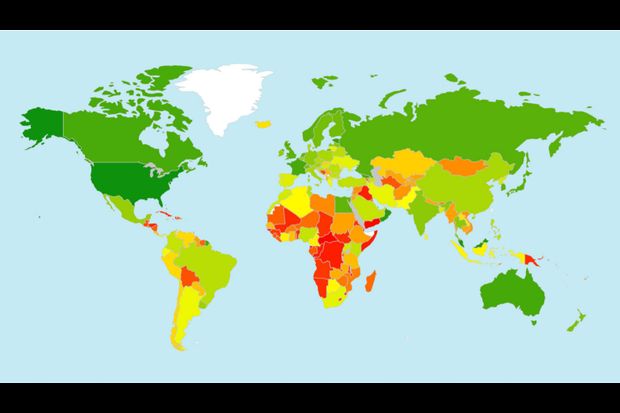
Thailand was at 20th in a global cybersecurity ranking while Singapore ranked first with a near-perfect approach to cybersecurity, a UN survey showed on Wednesday.
Thailand was grouped in the "maturing" stage in the Global Security Index 2017 report by the UN International Telecommunication Union (ITU). The group refers to 77 countries that have developed complex commitments and engage in cybersecurity programmes and initiatives.
Elsewhere in Asean, Malaysia ranked 10th, while the Philippines was at 37th, Indonesia 70th and Cambodia 92nd.
Many other rich countries have holes in their defences and some poorer countries are showing them how it should be done, according to the results of the survey by the UN International Telecommunication Union (ITU).
Wealth breeds cybercrime, but it does not automatically generate cybersecurity, so governments need to make sure they are prepared, the report said.
"There is still an evident gap between countries in terms of awareness, understanding, knowledge and finally capacity to deploy the proper strategies, capabilities and programmes," the survey said.
The United States came second in the ITU's Global Cybersecurity Index, but many of the other highly rated countries were small or developing economies.
The rest of the top 10 were Malaysia, Oman, Estonia, Mauritius, Australia, Georgia, France and Canada. Russia ranked 11th. India was 25th, one place ahead of Germany, and China was 34th.
The ranking was based on countries' legal, technical and organisational institutions, their educational and research capabilities, and their cooperation in information-sharing networks.
"Cybersecurity is an ecosystem where laws, organisations, skills, cooperation and technical implementation need to be in harmony to be most effective," the survey said.
"The degree of interconnectivity of networks implies that anything and everything can be exposed, and everything from national critical infrastructure to our basic human rights can be compromised."
The crucial first step was to adopt a national security strategy, but 50% of countries have none, the survey said.
Among the countries that ranked higher than their economic development was 57th-placed North Korea, which was let down by its "cooperation" score but still ranked three spots ahead of much-richer Spain.
The smallest rich countries also scored badly -- Andorra, Liechtenstein, Monaco and San Marino -- were all well down the second half of the table. The Vatican ranked 186th out of 195 countries in the survey.
But no country did worse than Equatorial Guinea, which scored zero.